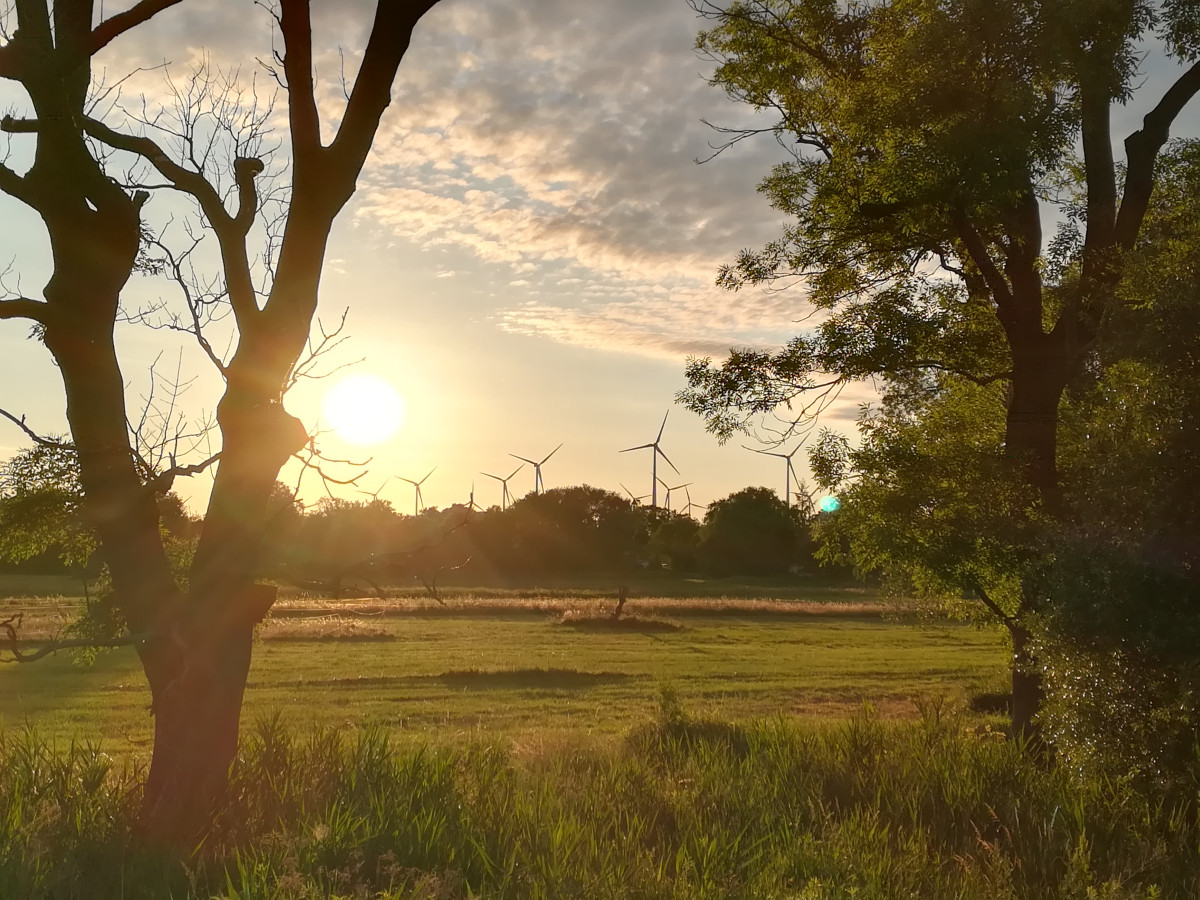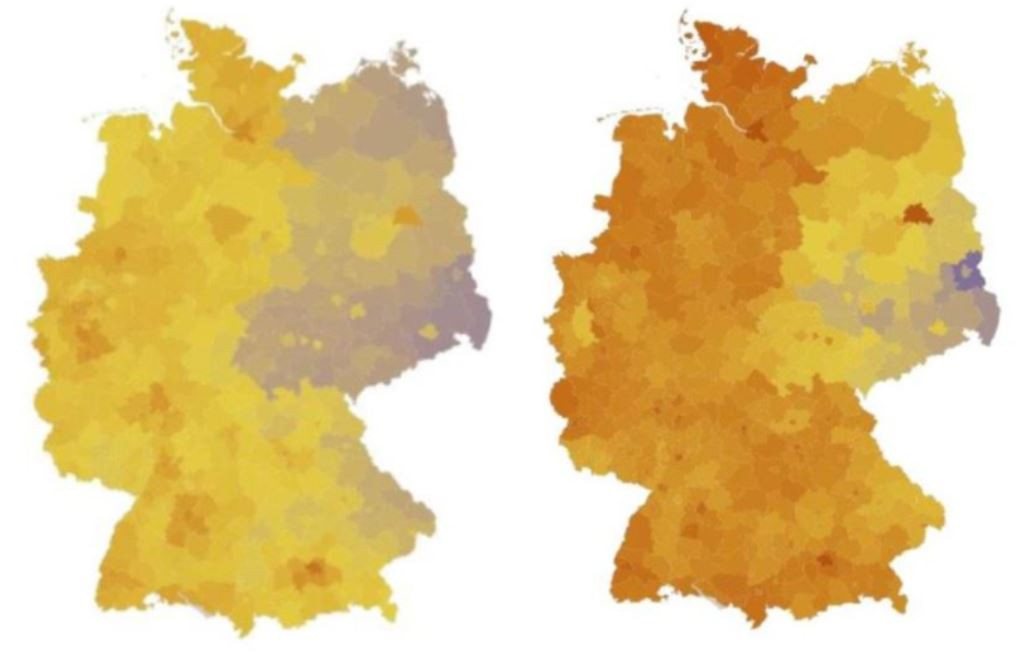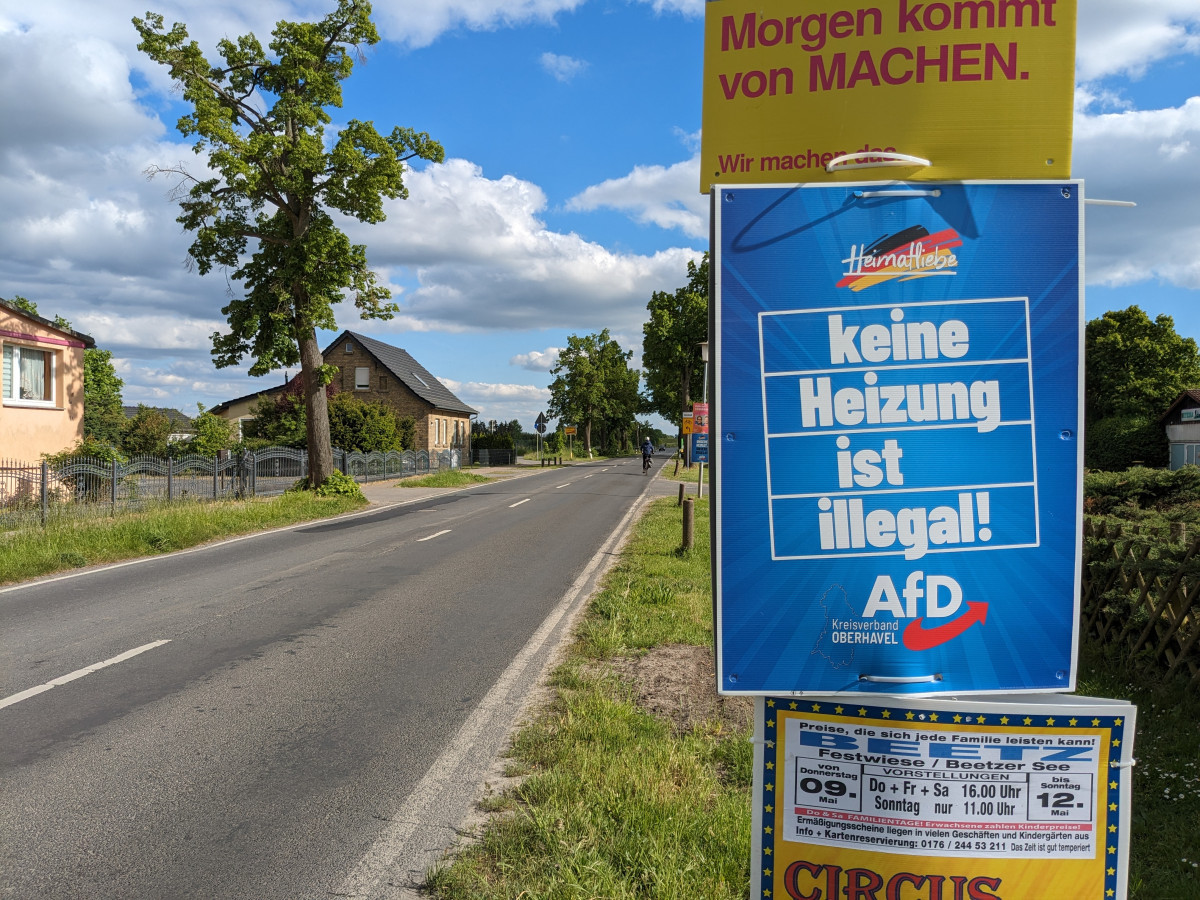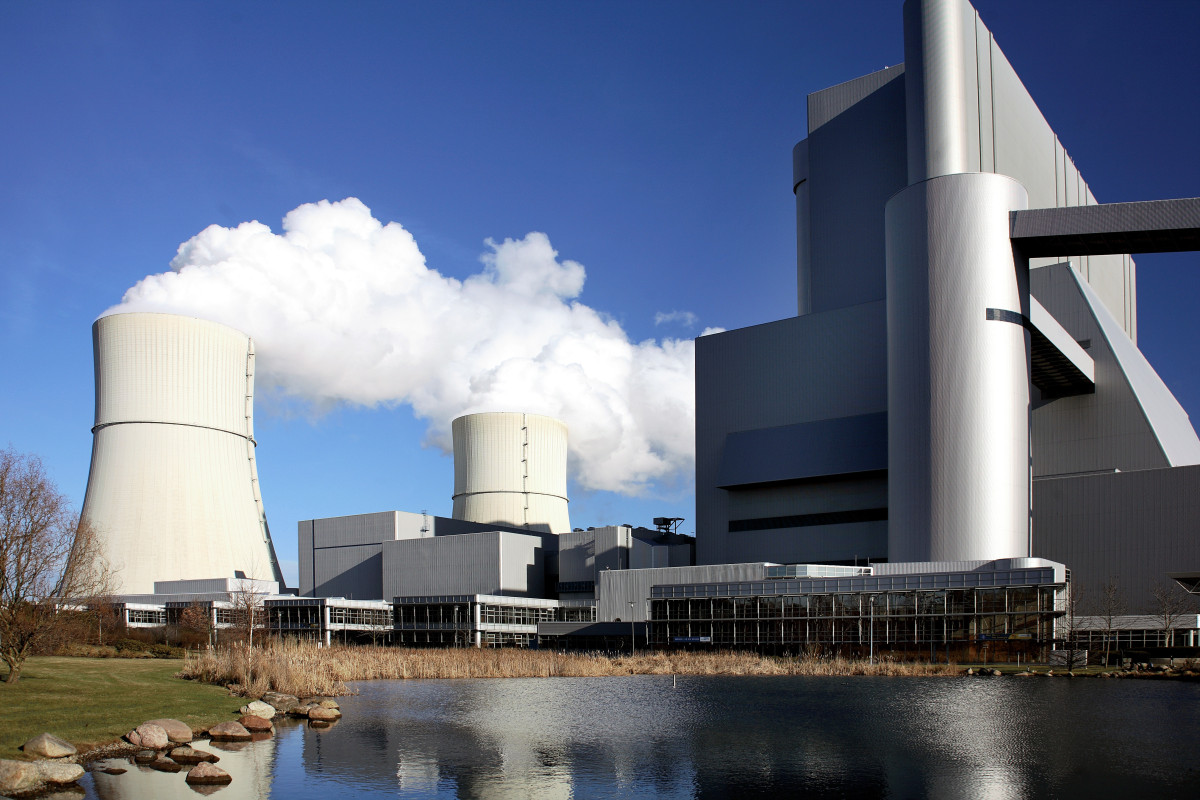Legacy of East-West divide lives on in Germany's climate and energy debate
- Contents
- Chancellor’s SPD narrowly defeats far-right in regional German election
- Far-right extremists score big in eastern German state elections, government parties flounder
- Future ambition of Germany's energy transition faces test in upcoming election in eastern states
- Opportunities and opposition – East Germany's oscillating energy transition
- Populists pose threat to prosperity of energy transition “pioneer” Eastern Germany – state minister
- Eastern German states put energy supply in focus in push to counter populists’ rise
- EU election defeat bodes ill for German govt’s climate ambitions ahead of state votes
- EU commissioner backs eastern German coal region’s ambition to become European phase-out model
Chancellor’s SPD narrowly defeats far-right in regional German election
German chancellor Olaf Scholz’s Social Democratic Party (SPD) narrowly defeated the far-right Alternative for Germany (AfD) to emerge as the strongest party in the regional election of eastern state Brandenburg on 22 September. Only four parties will be represented in the state parliament due to a 5-percent threshold. The state now faces difficult coalition government negotiations as policies of the SPD’s possible partners – the nationalist-left BSW and the conservative CDU – differ substantially. The AfD is extremely unlikely to play any part in coalition talks as all other parties have rejected the idea of a partnership. Read the article here.
Far-right extremists score big in eastern German state elections, government parties flounder
The far-right party AfD scored its first ever state election win in eastern Thuringia and came a close second in neighbouring Saxony, while the parties of the federal coalition government in Berlin recorded heavy losses. One year ahead of the country’s next national elections, both states now face difficult coalition negotiations, as mainstream parties have ruled out cooperation with the AfD - and could find themselves compelled to instead form a coalition with the new nationalist-left party BSW. The results could make it more difficult for Germany to internally agree on a path towards climate neutrality. Read the article here.
Future ambition of Germany's energy transition faces test in upcoming election in eastern states
Three eastern German states will elect a new government in September 2024, marking a potentially pivotal moment in the post-reunification history of the country and for the future of its climate and energy transition policies. The elections are highlighting political differences along the former political divide separating the communist and the capitalist German states, as polls predict that populist forces from left and right will take chunks of support from the centrist parties dominant in the West. While most people in the East also support climate action and the expansion of renewables, electoral success by the far-right AfD and the nationalist-left BSW could hurt progress in a region that stands to benefit disproportionately from the shift towards clean energy. Read the article here.
Opportunities and opposition – East Germany's oscillating energy transition
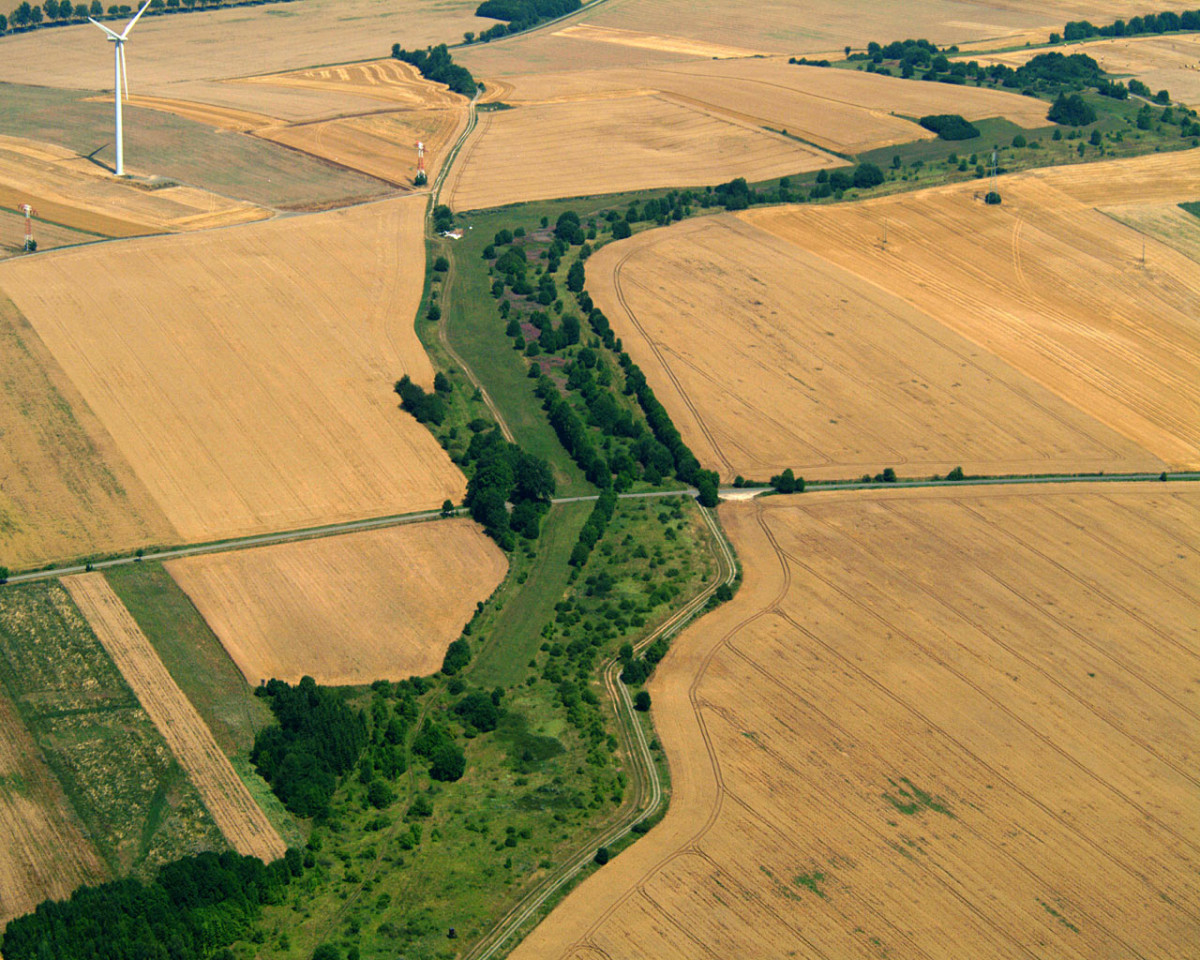
Beyond technical necessities, any country's energy system is the result of political preferences, the general state of development, resource endowment and the level of demand from citizens and businesses. In Germany, this led to the merging of two differently shaped systems in the course of the country's reunification in the 1990s. Until today, this is making energy and, consequently, climate policy more controversial as views held in the West and East often diverge despite the nationally agreed aim to wean the economy off fossil fuels. This factsheet explains the continued influence of the former separation, how common ground has been found in the past decades and where East Germany has taken the lead regarding the country's energy transition. Read the factsheet here.
Populists pose threat to prosperity of energy transition “pioneer” Eastern Germany – state minister
The upcoming elections in three Eastern German states in September have put the region at the centre of attention of the country’s political landscape in 2024, especially due to the expected success of populist parties which could shake the country’s federal system. Climate and energy policy once again form a key battleground in the elections in Thuringia, Brandenburg, and Saxony, as populist parties reject many of the measures directed at reducing emissions and transforming the energy system. The government’s state minister for Eastern Germany, Carsten Schneider, tells Clean Energy Wire in an interview why the region benefits from the country’s move to renewable energy, what the government is planning to bolster support for the energy transition there, and why many locals hold a critical view of ending Germany’s energy trading relationship with Russia. Read the interview here.
Eastern German states put energy supply in focus in push to counter populists’ rise
One week after the shock results for East Germany in the European elections, where populist parties made strong gains while the government coalition parties took a beating, chancellor Olaf Scholz met with state leaders from the East to debate urgent policy changes in the region. The eastern state leaders, who fear another major victory for the far-right and nationalist left-wing forces in three state elections later this year, said a successful energy transition will be a key instrument in the bid for keeping voters in the East away from supporting extremist forces. Read the article here.
EU election defeat bodes ill for German govt’s climate ambitions ahead of state votes
Voters in Germany abandoned the parties of Chancellor Olaf Scholz's coalition government in their droves at the European elections, handing the conservative CDU/CSU alliance of European Commission leader Ursula von der Leyen a clear lead. The vote also brought an unprecedented result for the far-right AfD in Germany, which came out as the second strongest party. The populist group even emerged as the strongest party in the country’s East, where a string of three state elections looks set to keep tensions in the three-way coalition high amid constant campaigning and difficult budget talks for 2025. The leaders of the Greens and of Scholz’s SPD already conceded the government had to take a critical look at itself – citing the country’s ill-designed heating law as an example of how not to do climate action which keeps people on board. Read the article here.
EU commissioner backs eastern German coal region’s ambition to become European phase-out model
The EU’s internal market commissioner, Thierry Breton, has boosted hopes in Germany’s eastern coal mining region Lusatia that a prosperous future lies ahead in the transition towards climate-neutral industry in the area. At a visit to the region, where the far-right AfD is enjoying much support also over its rejection of the country’s 2038 coal exit, the commissioner backed an initiative by local lawmakers to become Europe’s first ‘Net Zero Valley’ and receive regulatory support and funding to facilitate a decarbonisation of local industries and attract new investments. According to the state government of Saxony, the success of transformation efforts in Lusatia is indispensable for achieving a fast coal-phase out in the country. Read the article here.

